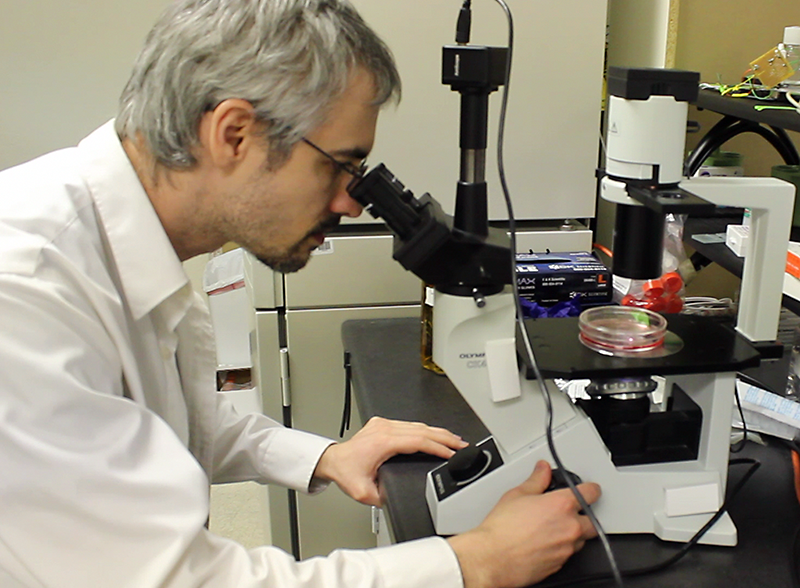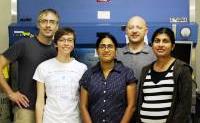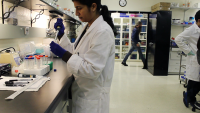Online friends
Search Articles
Tag Cloud
- depression
- intro
- anxiety
- piracetam
- supplements
- nootropic
- aging
- longevity
- Hello
- noopept
- Dopamine
- modafinil
- brain
- c60
- cancer
- ADHD
- resveratrol
- stack
- 07-04-2015
- health
- choline
- 01-04-2015
- memory
- new
- Aniracetam
- nad+
- nmn
- sleep
- introduction
- diet
- Exercise
- brain fog
- mitochondria
- ----
- rapamycin
- anhedonia
- life extension
- pramiracetam
- oxiracetam
- phenibut
- serotonin
- Supplement
- GABA
- stem cells
- research
- cryonics
- brain health
- ssri
- alcar
- nootropics
Fight Aging News
-
Scientists Discover a New Mitigator of Senescence
Working with flies, mice, and human cells, scient...
Today, 09:00 PM Read Full Story -
Human Glymphatic Function Declines with Age, Correlates with Cognitive Decline
Drainage of cerebrospinal fluid from the brain in...
Today, 06:33 PM Read Full Story -
Single-Cell Clock Reveals Immune Aging
According to reports in Nature Aging , scientists...
Today, 05:16 PM Read Full Story -
Rejuvenation Roundup March 2025
It’s April Fool’s Day, but until we p...
Today, 04:00 PM Read Full Story -
There is No One Optimal Diet for Long Term Health
To my eyes, what one should take away from the st...
Today, 10:22 AM Read Full Story -
Are Microplastics Contributing to Age-Related Conditions?
The epidemiological evidence for exposure to micr...
Today, 10:11 AM Read Full Story
LongeCity Research Support 2013: Mitochondrial Gene Therapy

After careful consideration of a very competitive round this year, we are delighted to have identified a research team and project that we can warmly recommend for community funding:
DEVELOPMENT OF AN INNOVATIVE GENE THERAPY METHOD TO CURE MITOCHONDRIAL AGING-
"BACKING UP" THE MITOCHONDRIAL GENOME
Background:
Mitochondria, the power plants of the cell, contain their own DNA. Unlike the nucleus, mitochondria lack an efficient system to repair damaged DNA, and this damage accumulates over time. As we age, these accumulated mutations result in an increase in oxidative stress throughout the body. It is no coincidence that organisms which age more slowly consistently display lower rates of mitochondrial free radical damage. Reversing and/or preventing damage to mitochondrial DNA may be a key factor in slowing the aging process.
The Research Project:
In this project, engineered mitochondrial genes will be used to restore function to cells that contain defective mitochondrial genes.
The SENS team is developing a unique method for targeting these genes to the mitochondria; this step has been the bottleneck in research on this topic over the last decade. In their system, the mRNA from the engineered mitochondrial gene is targeted to the mitochondrial surface before it is translated into a protein using a co-translation import strategy. Once imported, it is incorporated into the correct location in the inner mitochondrial membrane. The long-term goal of this project is to utilize this improved targeting strategy to rescue mutated mitochondrial DNA and thereby prevent and cure one of the major causes of cellular aging.
The Team:
Dr. Matthew 'Oki' O'Connor former Post-Doctoral Scholar at the Bioengineering Department University of California Berkeley (PI: Irina M. Conboy) is now a Senior Researcher at the SENS Research Foundation Research Center in Mountain View, California
-- --the team
--the team  --the lab
--the lab
Research brief here:
View attachment: LCSci2013_3.pdf
Or here
You can pose questions to the researcher here.
CLICK TO DONATE









































8 Comments
Please email treasurer@longecity.org.
Contribute today for the greatest 'bang for your buck' effect in supporting anti-aging research you can find this year!
All donations are trebled!
View the full article
In case you were not counting, our organization still has a 100% success rate of funding life extension research. Every fundraising goal for the last 5 years has been met or exceeded.